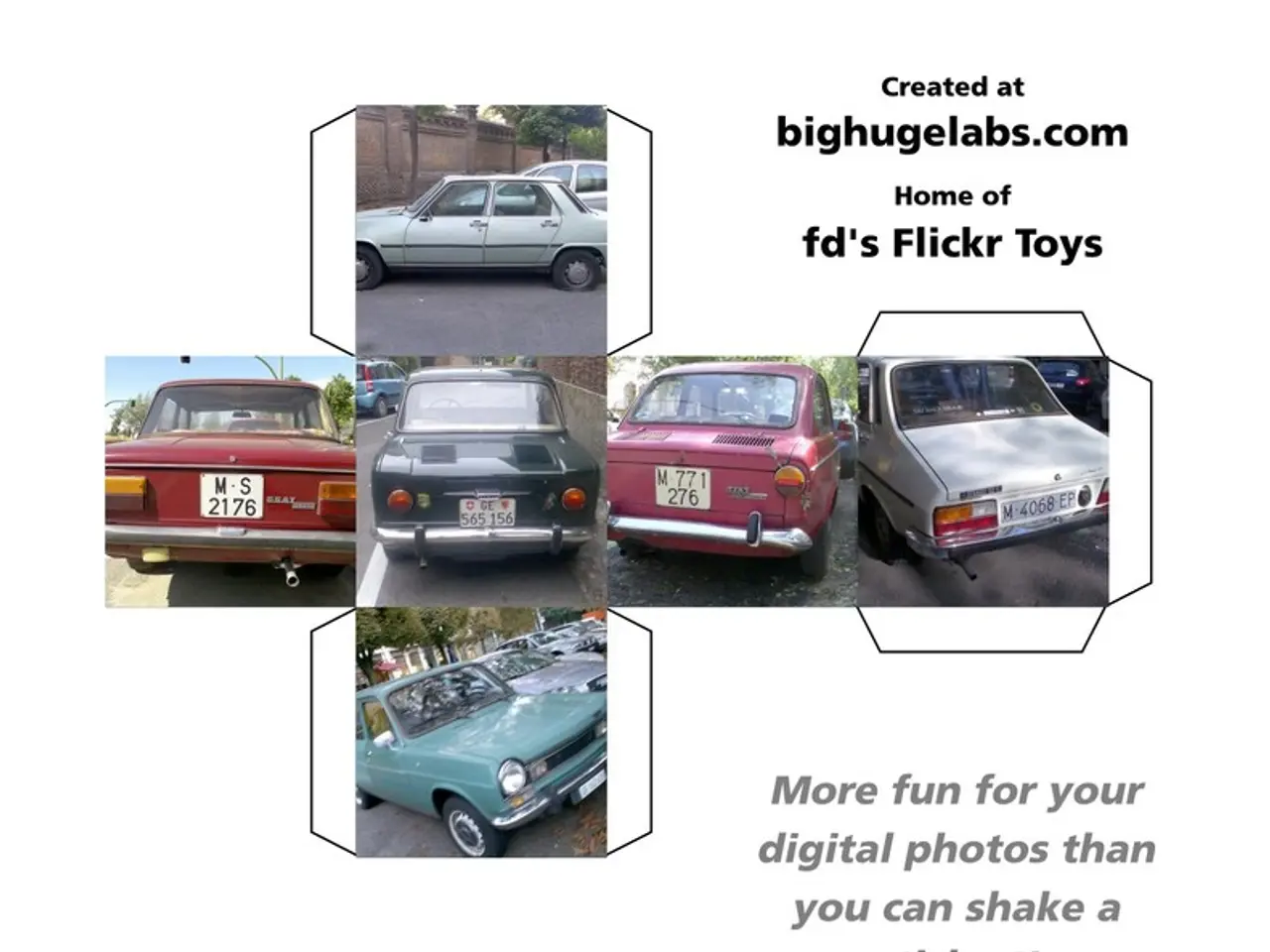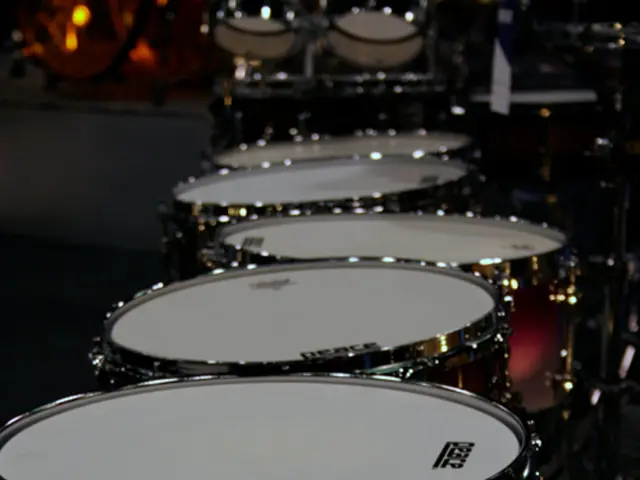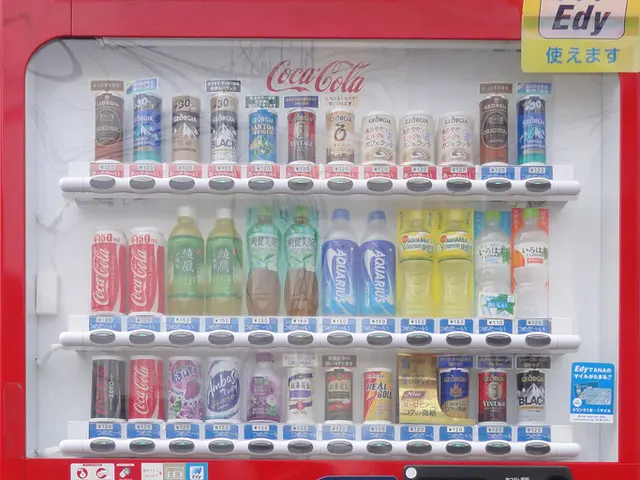U.S. Tariffs Impose $1.5 Billion Loss on Volkswagen
In the first half of 2025, European automaker Volkswagen reported a substantial profit loss of $1.1 billion, attributed to the 25% tariff on imported vehicles and parts imposed by the US government [2]. This tariff, initially set at 27.5%, threatened to rise to 30%, but was negotiated down to 15% starting August 2025 as part of a US-EU trade agreement aimed at easing tensions and lowering import costs [3][4].
Despite the reduction, European automakers, including Volkswagen, perceive the remaining 15% tariff as a major financial burden, costing them billions annually [3]. The increased production costs resulting from the tariffs indirectly lead to higher vehicle prices or reduced profitability for European brands selling in the US market [2].
Volkswagen's revenue decline is in line with other European automakers, including Renault, as they face additional pressure from inexpensive Chinese imports [5]. To cope with the pressure, Volkswagen is ramping up non-battery-electric-vehicle imports from China, which are not subject to European Union tariffs [6].
In an effort to improve earnings, Volkswagen is accelerating its programs to improve earnings. The company's Chief Financial Officer, Arno Antlitz, indicates a need to realign the business model due to US auto tariffs [7]. Antlitz also emphasizes the importance of cash reserves for the company.
In a positive note, Volkswagen expanded its leading position in electric mobility in Europe, with a market share of 28% [8]. CEO Oliver Blume highlighted the group's strong European sales performances and expects the positive trend to continue in the second half of the year [9]. The order books for Volkswagen in Europe remain well filled, providing a glimmer of hope amidst the challenges faced in the US market.
In response to the profit loss, Volkswagen has cut its full-year sales and profit margin forecasts [1]. CEO Oliver Blume also suggested a possible decrease in focus on US exposure, although no direct mention of job cuts or managerial positions in the UK related to JLR was made [10].
The decline in Volkswagen's revenue and profit margin is likely due to a combination of US tariffs and increased competition from China. As the situation continues to evolve, it remains to be seen how Volkswagen and other European automakers will navigate these challenges and adapt their strategies to maintain profitability in the US market.
Investing in the automotive industry may be a challenging business decision due to the ongoing trade tensions. The US tariffs on imported vehicles and parts, such as the 15% imposed on European automakers like Volkswagen, add financial burdens to these companies, resulting in reduced profitability. To mitigate these costs, some European automakers are increasing imports of non-battery-electric-vehicles from China, which are not subject to EU tariffs. However, the increased competition from inexpensive Chinese imports puts additional pressure on these European companies. To maintain profitability in the US market, it is essential for companies like Volkswagen to continually review and adapt their business models.




